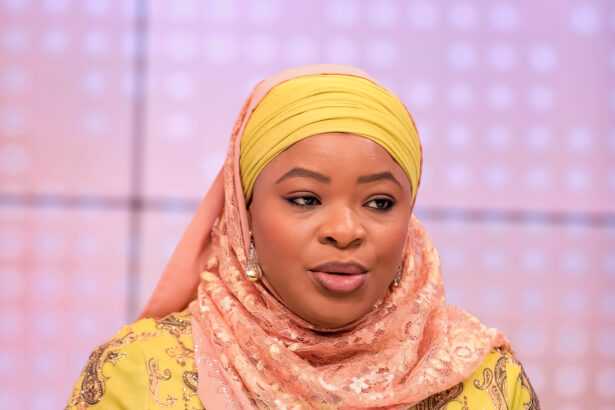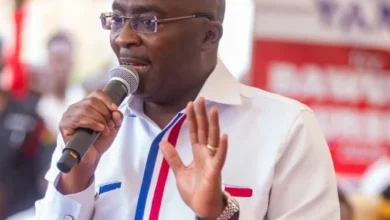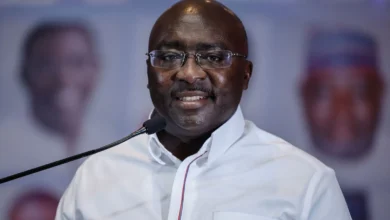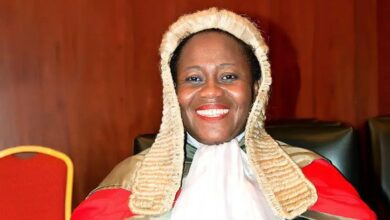Shamima Muslim Defends Mahama’s Corruption Stance Amid Dropped Prosecutions
Shamima Muslim Asserts Mahama’s Commitment to Anti-Corruption Amid Dropped Cases

- Shamima affirmed Mahama’s stronger resolve to tackle corruption compared to his predecessors
- Her comments followed criticisms of Mahama’s decision to drop cases against some NDC-affiliated individuals
- She pointed out that the NPP, with its control over the legal system, failed to secure convictions.
Shamima Muslim, the Deputy Presidential Spokesperson, has rejected claims that the discontinuation of prosecutions against some pro-NDC individuals undermines President John Mahama’s commitment to combating corruption.
She affirmed Mahama’s stronger resolve to tackle corruption compared to his predecessors, stating that Mahama would not shield anyone involved in illegal activities.
“We should have confidence that he is not going to cover up any member of his administration,” Shamima Muslim emphasized.
Her comments followed criticisms of Mahama’s decision to drop cases against some NDC-affiliated individuals, with some alleging this suggested a lack of commitment to fighting corruption. However, Shamima Muslim argued that Mahama’s approach prioritizes justice based on merit, rather than political interests.
She pointed out Mahama’s proactive stance, including the implementation of Operation Recover All Loot (ORAL) under the Attorney General’s office, led by Dominic Ayine, and announced plans for a new initiative, Operation Prevent All Loots (OPAL), aimed at preventing corruption before it occurs.
Shamima Muslim also rejected claims that Mahama’s government would tolerate state capture or the illegal acquisition of state assets. She noted that Mahama’s manifesto explicitly commits to preventing such practices.
“He is the president in recent history who has announced, put in black and white, in his own manifesto, that he is not going to allow any government official to engage in any state capture or illegal acquisition of state assets,” she stressed.
Addressing criticism of the previous administration, she highlighted the New Patriotic Party (NPP)’s eight-year tenure, arguing they had ample time and resources to prosecute these cases if they had merit.
She pointed out that the NPP, with its control over the legal system, failed to secure convictions.
“Eight good years the New Patriotic Party had to prosecute some of these cases. Eight good years that they had a very favourable representation in our courts,” she said, also suggesting the perception of court packing by former President Nana Akufo-Addo.
Shamima Muslim urged critics to question why the NPP, with its influence in the courts, had not secured prosecutions if they had solid cases.
She also raised concerns over the ethical implications of politicians acquiring state property at undervalued prices and called for a national conversation on the issue.
“Is it time for us to really look at [redevelopment policies] again because of the abuse of it?” she questioned, calling for a reassessment of policies allowing politicians to purchase property at a fraction of its market value.
Finally, Shamima Muslim reassured the public that the Attorney General would soon provide full details regarding the discontinuation of the cases.





